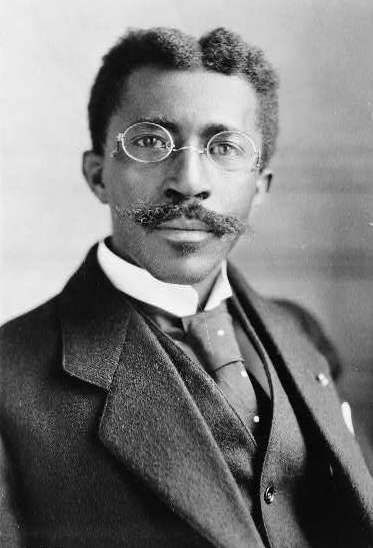The seventeenth president of Liberia is a part of the Guinness Book of World Records. In fact, his record is undisputed, even until today. What did he do to get such recognition?
The most fraudulent election in history was won by Charles D. B. King. He was elected President of Liberia with 234,000 votes in 1927, even though the country only had 15,000 registered voters at the time.
Who is Charles D. B. King?
Charles Dunbar Burgess King was born on March 12, 1875, in Monrovia, Liberia, to T. O. King and Elizabeth Jean Hamilberg. King was of Americo-Liberian descent. Americo-Liberians trace their ancestry to former and free-born American slaves who settled in Liberia in the nineteenth century. (Source: Liberia Info)
King earned his law degree in Liberia College, who later became the chief clerk at the department of state. At the same time, he was a law professor and the national chairman of the True Whig Party. King became attorney general in 1904, then moved on to become the secretary of state in 1912, and finally as president of Liberia from 1920-1930.
After his presidency, King became the first Liberian envoy to Washington. King also became the first Liberian representative to the United Nations. King retired from public service in 1952 and focused on the Protestant Episcopal Church and Masonic works until his death at age 90 in 1961. (Source: Liberia Info)
The Guinness Book of World Records
King has accomplished many things during his time as a public servant. Unfortunately, the only accomplishment he is always remembered for was how he won his presidency.
King’s win over his opponent, Faulkner, in the 1927 Liberian elections was considered the “most rigged” election of all time. The win was rigged, and it gained an entry in the Guinness Book of World Records in 1982. (Source: Standard Media)
King, who was a member of the True Whig Party, was running for his third term as president. His opponent, Thomas J. Faulkner of the People’s Party, gained 9,000 votes while King gained 234,000 votes. What is surprising is that the number of registered voters is only 15,000.
King stepped down from office in 1930 for a different reason and not the election rigging scam he committed. (Source: Liberia Past and Present)
Forced Labor and Slavery Scandal
After his loss in the 1927 elections, Faulkner accused King, and many members of the True Whig Party, of still practicing slavery. Despite Liberia’s vehement denials and refusal to cooperate, the League of Nations created a commission led by British zoologist Cuthbert Christy to assess the amount of forced labor and slavery still prevalent in the country. (Source: People Pill)
The Christy Report was published in 1930, supporting many of Faulkner’s accusations. The report also implicated many True Whig politicians, including King and his vice-president, Allen Yancy. The report uncovered that the True Whig Party officials utilized forced labor to construct specific public works, such as highways in the interior. With the report’s findings, King, along with Yancy, and other implicated political leaders, resigned from their post. (Source: People Pill)
